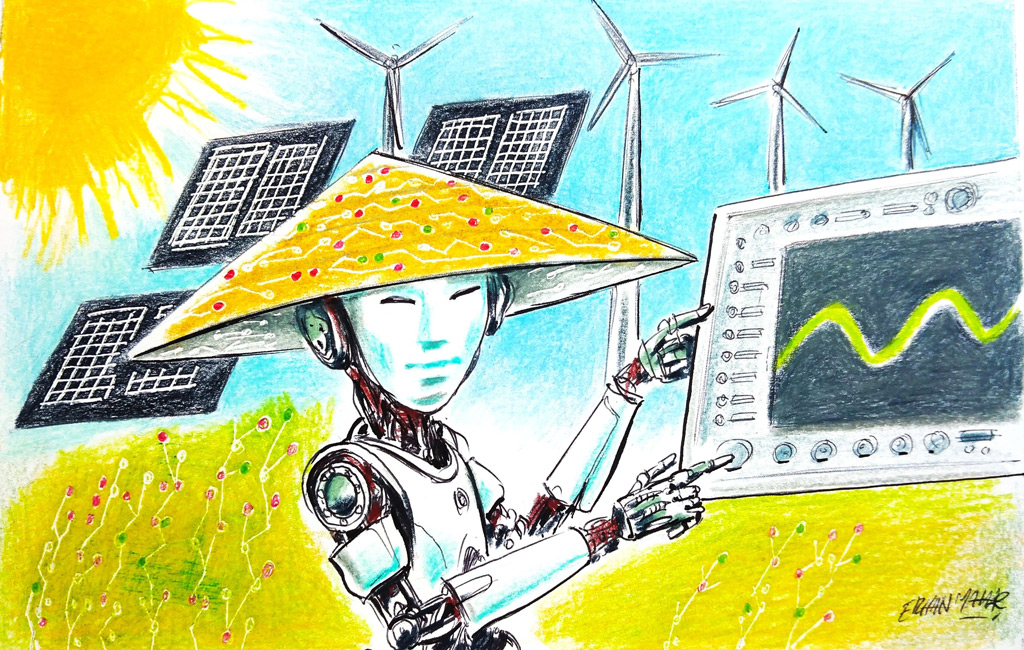In recent years, the world has grappled with the far-reaching effects of climate change, disproportionately impacting developing and undeveloped nations. Historically, industrialized countries have benefited from progress while significantly contributing to environmental degradation. With major CO2 emitters like the US, China, and European nations leading the AI revolution, particularly in Large Language Model (LLM) development, concerns about the environmental impact of these advancements are growing. Instead of assigning blame, the focus should be on determining necessary actions. The technological revolution offers opportunities for many countries to develop their technologies in ways that serve their interests, but the environmental impact of these technologies must be addressed promptly. The AI sector has already crossed a critical threshold with substantial environmental consequences. The challenge now is to chart a sustainable path forward.
Within this context, this analysis delves into the intricate relationship between AI, its energy consumption, and environmental security. By examining current research and integrating new analytical insights, this analysis seeks to underscore the urgent need for sustainable AI development and the establishment of international regulatory frameworks to mitigate its environmental impact.









